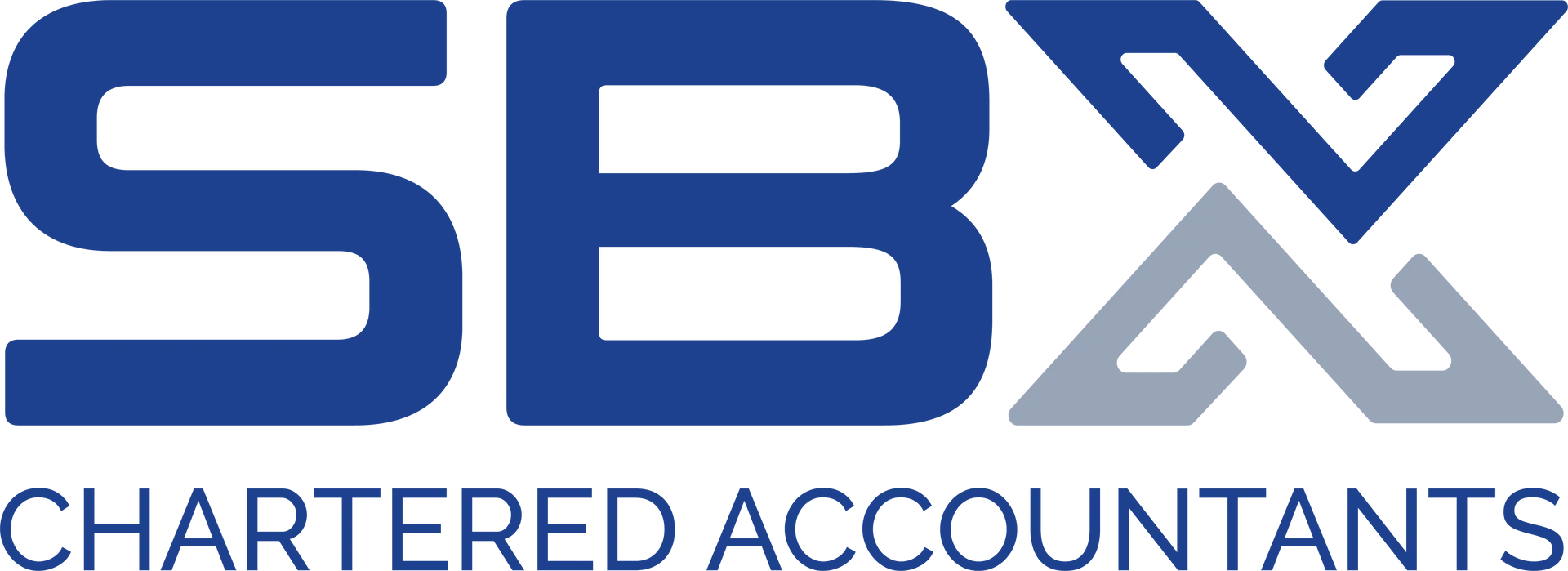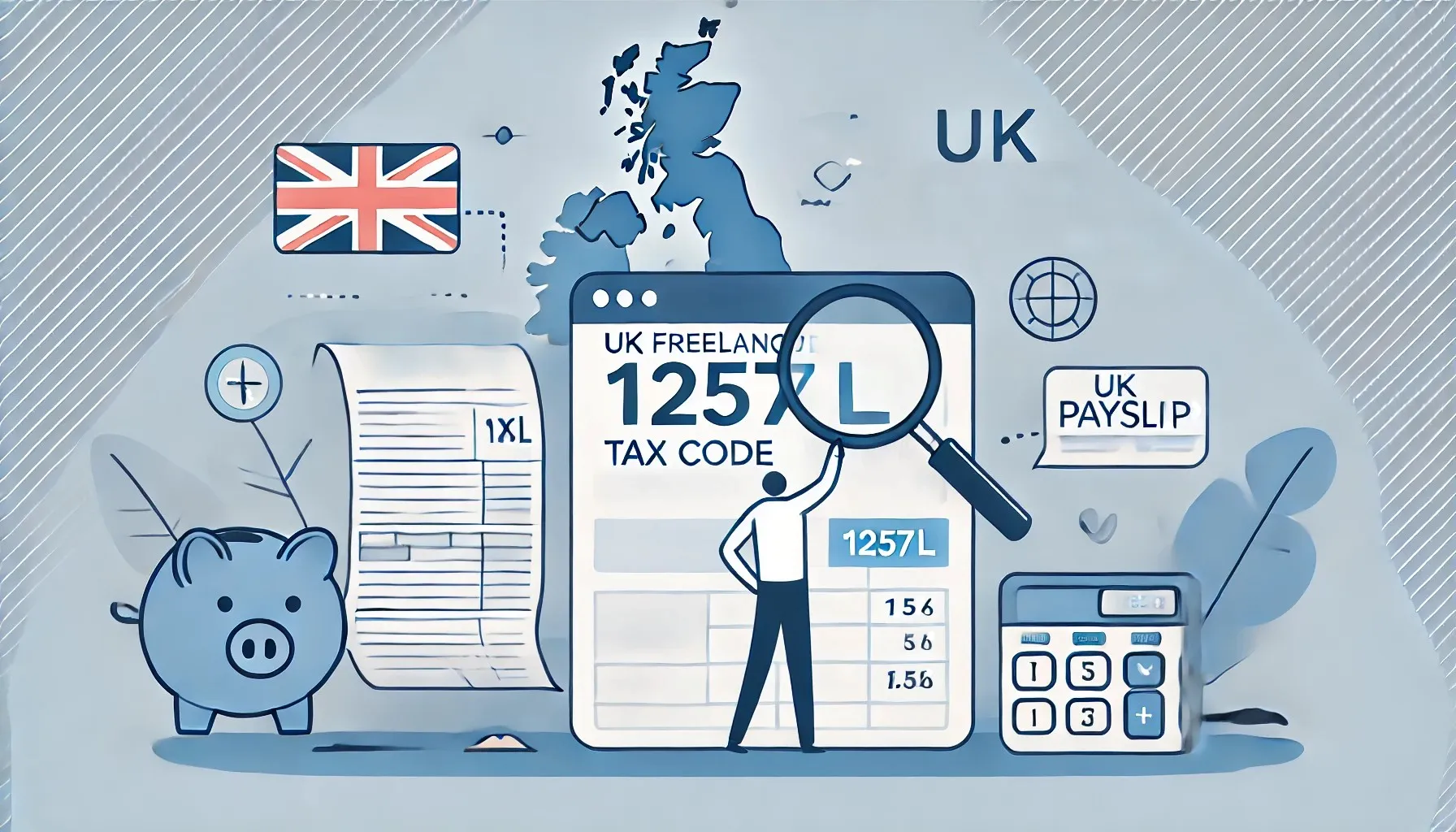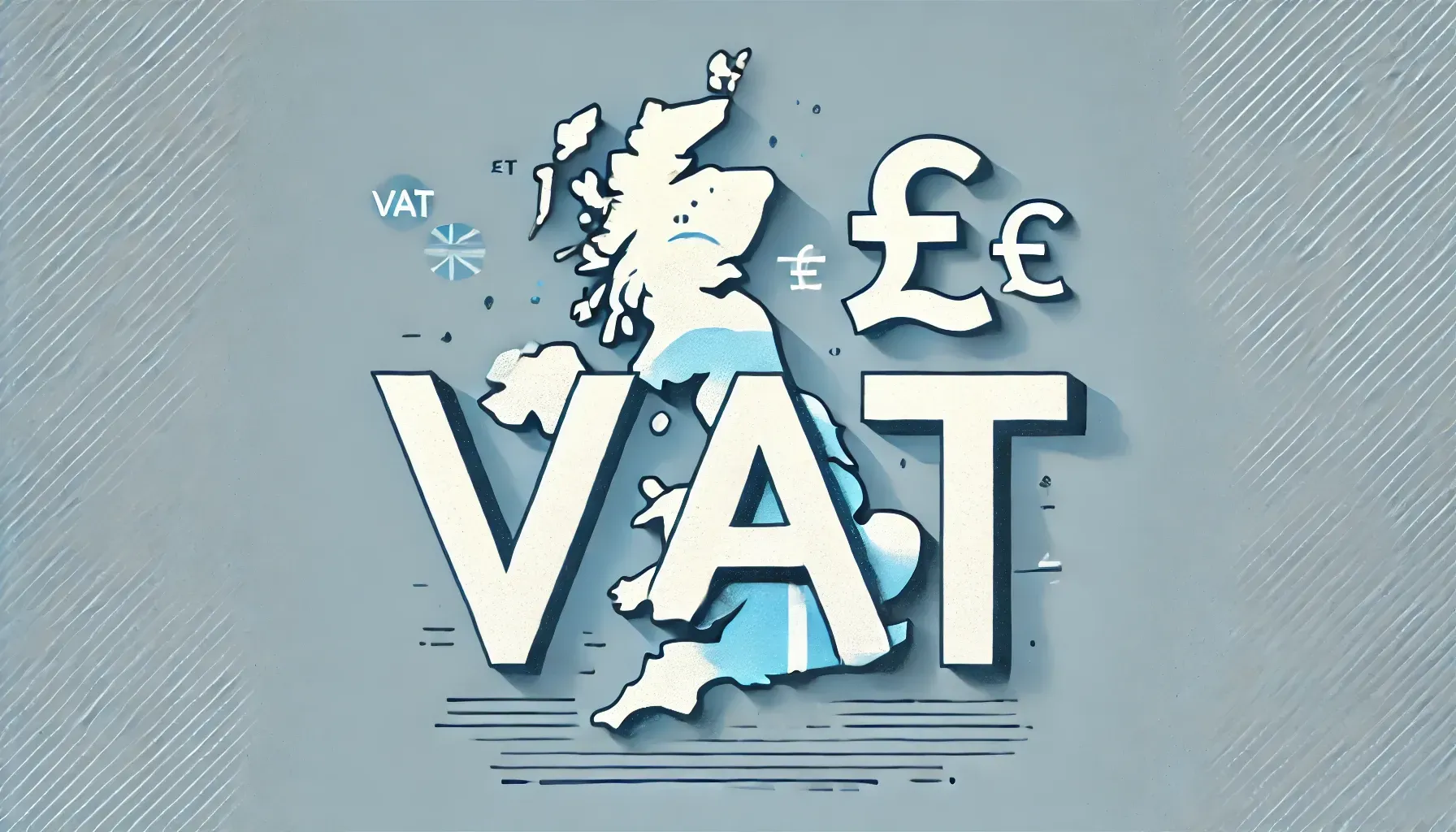Different Ways of Extracting Money from your Company
- 12 November 2024

How to Take Money Out of Your Limited Company Tax-Efficiently
As the director of a limited company, taking money out of the business isn’t as straightforward as dipping into the company account. Since a limited company is a separate legal entity, your personal income must be properly extracted in line with tax rules.
This guide breaks down the main methods for solo directors to withdraw money from their company while staying compliant and minimising tax liabilities.
The Main Ways to Extract Funds from Your Company
- Salary (PAYE)
- Dividends
- Benefits-in-Kind (BIKs)
- Pension Contributions
- Director’s Loan
Each method comes with its own rules, tax implications, and benefits. Below, we explore each option in detail.
1. Paying Yourself a Salary
As a company director, you’re considered an employee and can pay yourself a salary through the PAYE system. It’s not required by law, but most directors choose to take a basic salary.
Tax Bands (2025/26):
- Personal Allowance: £12,570 – tax-free
- Basic Rate (20%): £12,571–£50,270
- Higher Rate (40%): £50,271–£125,140
- Additional Rate (45%): Over £125,140
Advantages of Taking a Salary:
- Reduces company profits, lowering Corporation Tax
- Gives access to statutory benefits (e.g. maternity pay)
- Helps qualify for state pension and workplace pension schemes
Downsides:
- Attracts National Insurance Contributions (NICs)
- Less tax-efficient compared to dividends
2. Paying Yourself Dividends
If you’re a shareholder, you can take dividends from company profits (after Corporation Tax has been paid).
Dividend Tax Rates (2025/26):
- First £500: Tax-free allowance
- Basic Rate (8.75%) up to £50,270 total income
- Higher Rate (33.75%) for income above £50,270
- Additional Rate (39.35%) above £125,140
Advantages of Dividends:
- Lower tax rates than salaries
- Not subject to NICs
- Flexibility to take dividends when it suits you
Limitations:
- Can only be taken from post-tax profits
- Must follow correct paperwork (board minutes, dividend vouchers)
- Doesn’t count towards pension contribution thresholds
3. Receiving Benefits-in-Kind (BIKs)
A Benefit-in-Kind is a non-cash perk provided by the company — such as a company car, private healthcare, or mobile phone.
Popular BIK Options:
- Electric vehicles (lower tax rates than petrol/diesel)
- Business phones and laptops
- Health insurance
Benefits:
- Offers personal perks paid for by the company
- Some are tax-free or attract reduced tax
Drawbacks:
- Some BIKs are taxed as income
- Subject to Class 1A NICs (paid by the company)
4. Pension Contributions from the Company
Your limited company can contribute to a pension scheme on your behalf.
Key Details (2025/26):
- Annual contribution allowance: £60,000
- Contributions reduce your company’s Corporation Tax
- No personal income tax or NICs on company contributions
Pros:
- Highly tax-efficient
- Long-term wealth building
- Helps directors save for retirement tax-free
Cons:
- Funds are locked in until at least age 55 (rising to 57 by 2028)
- Not suitable if you need immediate access to cash
5. Taking a Director’s Loan
A director’s loan is money taken from the company that isn’t salary or dividends.
Important Rules:
- Loans under £10,000 are tax-free if repaid within 9 months of year-end
- Loans over £10,000 must be charged interest (HMRC minimum rate)
- If unpaid, the company pays a 33.75% Section 455 tax penalty
Advantages:
- Useful for short-term cash flow
- Tax-free under certain limits
Risks:
- Penalties if not repaid on time
- Larger loans can create Benefit-in-Kind tax issues
- Not a sustainable way to draw regular income
What’s the Most Tax-Efficient Option?
A common strategy for most solo directors is to take:
- A basic salary just above the NIC threshold (to qualify for pension/state benefits)
- Dividends to top up income tax-efficiently
- Pension contributions as a longer-term extraction method
Check out our Dividend-Salary calculator
Add benefits or loans where they suit your lifestyle or cash flow.
Need Help With Director Withdrawals?
At SBX Accountants, we help directors plan tax-efficient extraction strategies tailored to their needs. We’ll advise on the best salary/dividend mix, pension contributions, and ensure you stay compliant with HMRC rules.
✅ Payroll & PAYE setup
✅ Dividend calculations & vouchers
✅ Director’s loan tracking & CT61 forms
✅ Tax planning for growth and extraction
✅ Dedicated accountant and fixed monthly fees
📞 Call us today on 020 7046 1730 or email info@sbxaccountants.com to get advice tailored to your company setup.





